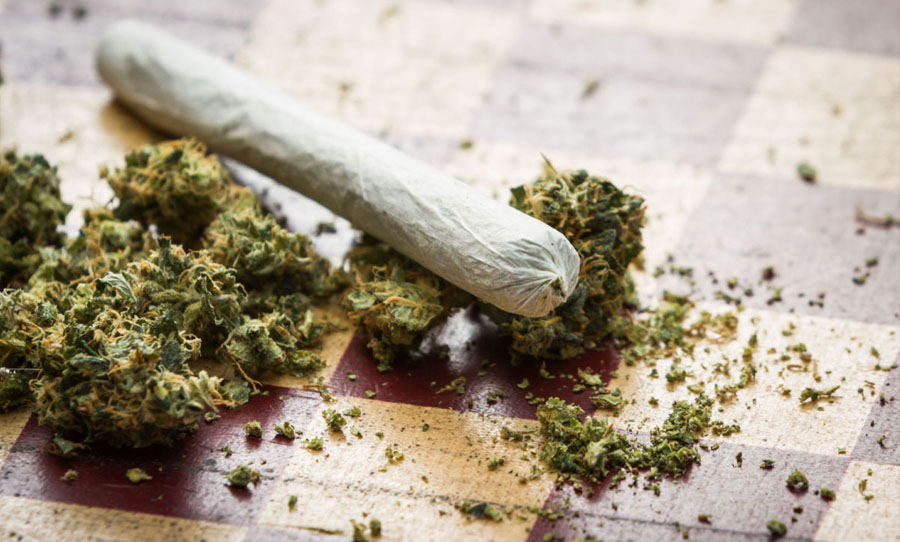New research out of the University of Colorado Boulder and the CU Change Lab suggest that cannabinoids, the active chemicals in marijuana, could be less damaging to the brain than previously thought.
The study observed over 1,000 users, finding long-term cannabis use to be less debilitating on the brain than long-term alcohol consumption, contradicting years of previous research.

In opposition to years of research into the matter, a new study out of Colorado has deemed marijuana to be less damaging to the brain than booze.
Due to cannabinoids being restricted substances in most areas, the authors of the study believed there to be little clarity regarding the real, long-term effects of THC, CBD and CBN on the brain.
“When you look at the research much more closely, you see that a lot of it is probably not accurate,” said Professor Kent Hutchison, co-author of the study.
“When you look at these studies going back years, you see that one study will report that marijuana use is related to a reduction in the volume of the hippocampus. The next study then comes around, and they say that marijuana use is related to changes in the cerebellum or the whatever.”
“The point is that there’s no consistency across all of these studies in terms of the actual brain structures.”
The study found that while alcohol was responsible for a significant decrease in grey matter size and white matter integrity after decades of use, no similar effects were found in long-term cannabis users.
“While marijuana may also have some negative consequences, it definitely is nowhere near the negative consequences of alcohol.”
Via Colorado.edu.


